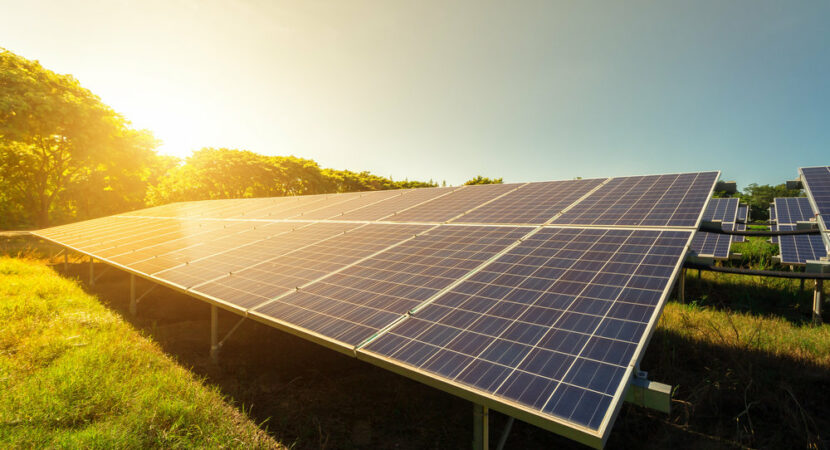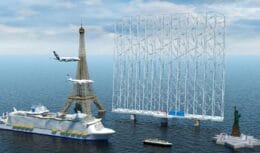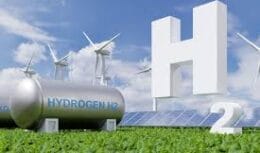
This past Friday, the 27th, Cemig, through its subsidiary, Cemig Soluções Inteligentes em Energia, acquired about 49% of the seven plants dedicated to generating solar energy, using photovoltaic solar sources.
The Cemig group, which was founded in 1952, contains hundreds of solar energy companies and shares in more than 20 plants spread across the states of Brazil. The purchase of the plants is in favor of the Distributed Generation and Solar Energy market, thus totaling an installed capacity of 29,45Wp, in an amount of more than R$ 50 million.
Read also
Cemig receives international recognition award
The Emborcation Plant, located in Minas Gerais, in the municipality of Araguari, received certification through the “International Renewable Energy Certificate Standard” (I-REC) system. That it is a certificate that alleges that the energy that Cemig's plant produces comes from a renewable source.
Cemig SIM, a unit of state-owned mining company Cemig, which is focused on the business of solar and distributed energy generation, intends to double its generation capacity by the year 2020, expanding its clientele, Cemig's president told Reuters.
The growth will be due to the acquisition of a stake in operational technology ventures, which is known as GD, which involves small power plants. Cemig aims to double energy generation by 2020.
In Brazil, Solar Energy production modality grows at an accelerated pace since 2015
The modality of solar energy production, has had high growth in the country since 2015, which is supported by regulatory incentives that make plant systems, mainly solar energy, an option that attracts investments, not only for companies, but also for consumers.
The CEO of the subsidiaries, Danilo Gusmão Araújo, says that the company should end 2020 with participation in plants that will add up to around 52 Mw in capacity, against 30 Mw currently.













Air Force F-16 fighters…
True friend, what they shot down were…
Air Force F-16 fighters…
I would like to know what planet you live on…
Air Force F-16 fighters…
Everything is fine, 100-year secrecy,…
Air Force F-16 fighters…
Well... It's flying scrap... Typical...
Air Force F-16 fighters…
Which genocide are you talking about? Than…
Don't take the train because it's practically…
Spectacular, especially the price. I've seen others...
Very poor project with the final station…
I work in the construction area, bricklayer, painter…
Work in the construction sector
I am a Professor/Historian interested in the area of…
Have you ever driven a shark at night in…
This shipment is by an agency that…